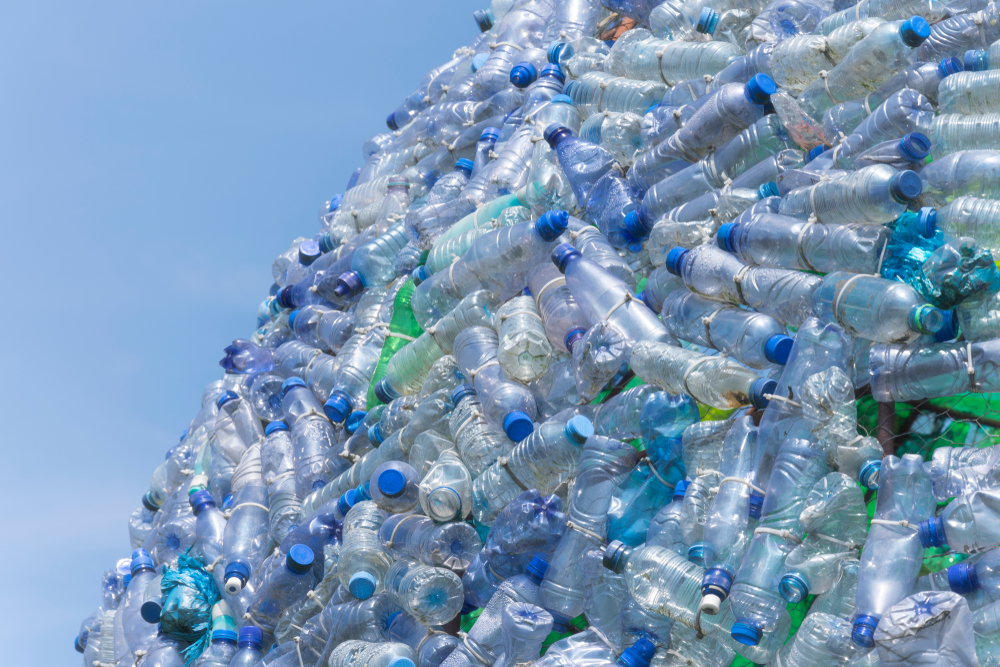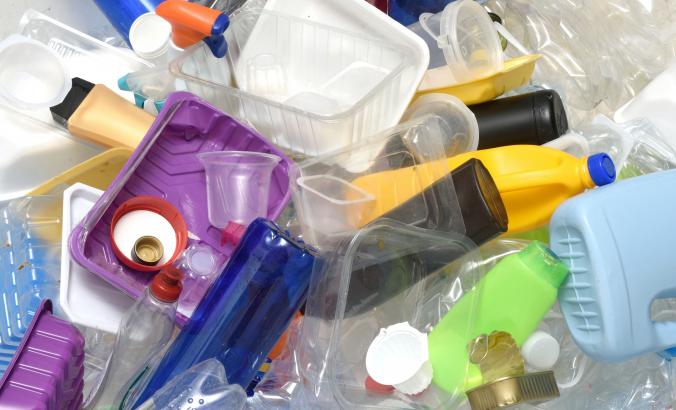自然被淹没在废塑料。每一分钟,一个自卸车全塑料相当于单独进入我们的海洋,与人类和野生动物产生可怕的后果。对此,不少政界和商界领袖已承诺在2030年结束的塑料流入性质,但在政府和企业的国家级数据的关键差距继续阻碍这一雄心勃勃的努力。简而言之,我们不能管理我们无法衡量。
If we want to keep plastic out of our oceans and rivers, we need to reduce or redesign unnecessary plastics, double the global recycling rate from14%to 28 percent and shift to recycled or sustainably sourced bio-based plastic for plastic items that we can’t live without. But a strategy is only as good as the data behind it, and much of the data we have to work with is incomplete. Additionally, recent changes in recycling markets around the world, including shifts in domestic waste management and new restrictions on the import of plastic waste, have rendered much of the current data outdated.
中国提供的这些最近的转变的一个说明性的例子。中国加工了近一半的世界可回收的废塑料在过去的四分之一个世纪里,却成了被污染的塑料洪水淹没。在2018年,中国政府的回应是颁布了“国家之剑”的政策,从而有效地降低了该国进口的塑料by 99 percent.
Many political and business leaders have committed to ending the flow of plastic into nature by 2030. But critical data gaps continue to impede this ambitious effort.
This action sent shock waves through the global plastic trade, as nations struggled to find new markets and diverted recyclable materials to landfills, incinerators and the environment. It also catalyzed import restrictions from nations such as India, Malaysia, Thailand and Vietnam.
这些破坏是长期治疗的南半球作为垃圾的倾销地的全球系统的理解斥责。与此同时,许多国家也推出了国内回收的改进。例如,over 40 cities in Chinahave piloted improved waste sorting programs since early 2019.
Even before these systemic changes, we faced data gaps on plastic use and management. It is more important than ever to confront the lack of consistent and comprehensive reporting on plastic, and commit to improve data collection on a number of essential issues.
首先,正规的回收可靠数据的缺乏是一个因素限制的进展。在南半球国家约15万人赚取垃圾回收和出售它回收的收入。在非正规垃圾回收改进数据可能是一个改变游戏规则的一些市场。在印度,例如,城市垃圾回收必须减少垃圾填埋的潜力由70%。了解非正规部门对回收过程中的贡献可以告知更多有影响力的干预,并帮助确保合作是包容性和响应他们的需求。
Second, there is a growing demand for compostable packaging, but a lack of data on industrial and home composting for plastic makes it difficult to determine where or how we should focus on scaling up this technology. To date, we are unable to estimate the global composting rate for plastic.
Third, municipal solid waste (MSW) management reporting doesn’t use standardized definitions, resulting in an incomplete understanding of regional priorities. For instance, some countries and municipalities report construction and demolition waste as MSW. This can represent as much as 40 percent of the total waste stream, dramatically increasing MSW’s volume compared to places where it is not included. Systematic public reporting on waste management data is mostly limited to high-income and some middle-income countries, which means the biggest data gaps persist in the places where this information is most critically needed.
Plastic has brought significant benefits to human civilization, but plastic waste is a threat to nature, public health and economic prosperity.
各国政府和公司都至关重要的作用在填补这些数据空白的发挥。
Governments should institute annual national reporting of solid waste statistics, including amounts collected, recycled, sent to landfill, incinerated and composted. Governments also should ratify a new international legally binding agreement to curb and track national plastic pollution and ensure the responsible global trade of waste. Each nation simultaneously should make actionable domestic commitments to reduce plastic waste and eliminate leakage into nature. This begins with initiating better data collection procedures — but also taking steps to ensure waste management systems are circular and retain a product’s maximum natural resource value.
Companies have a role to play as well. They should take steps to collect and disclose more comprehensive data on plastic use in their own supply chains. And they should prioritize validating their results in locations where they sell a significant portion of their volumes, where there are high rates of landfilling or mismanagement of plastics, and/or where there is limited data on waste management.
Plastic has brought significant benefits to human civilization, but plastic waste is a threat to nature, public health and economic prosperity. We have a broad framework to eliminate plastic pollution but, as always, science must be our guide. Addressing these data gaps will enable us to collectively make significant, measurable progress on this critical issue.

